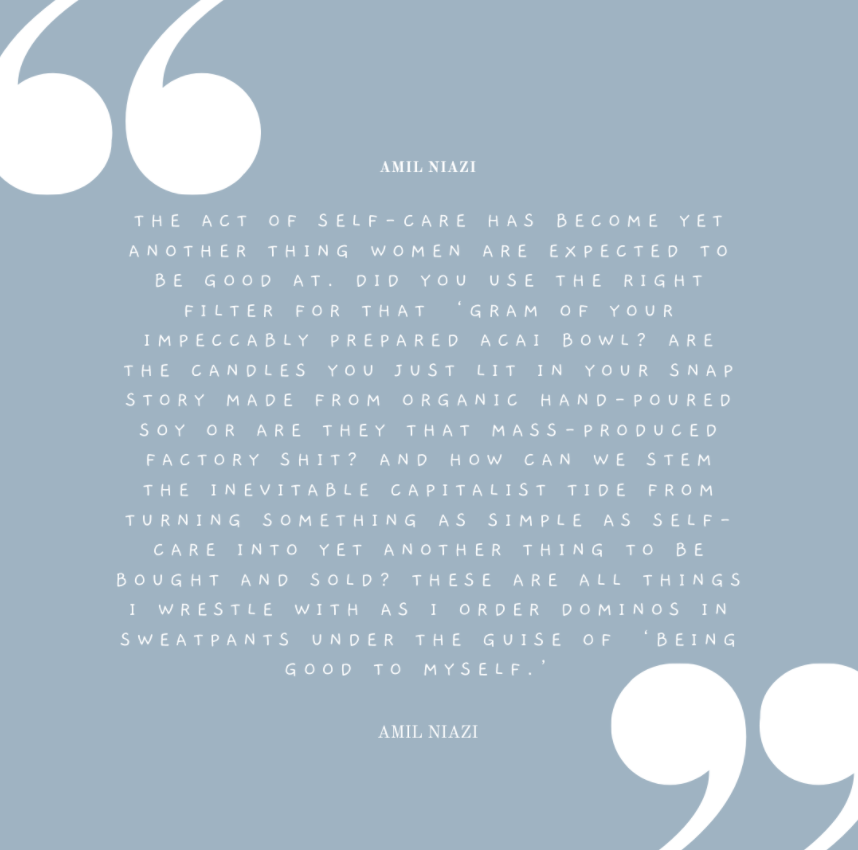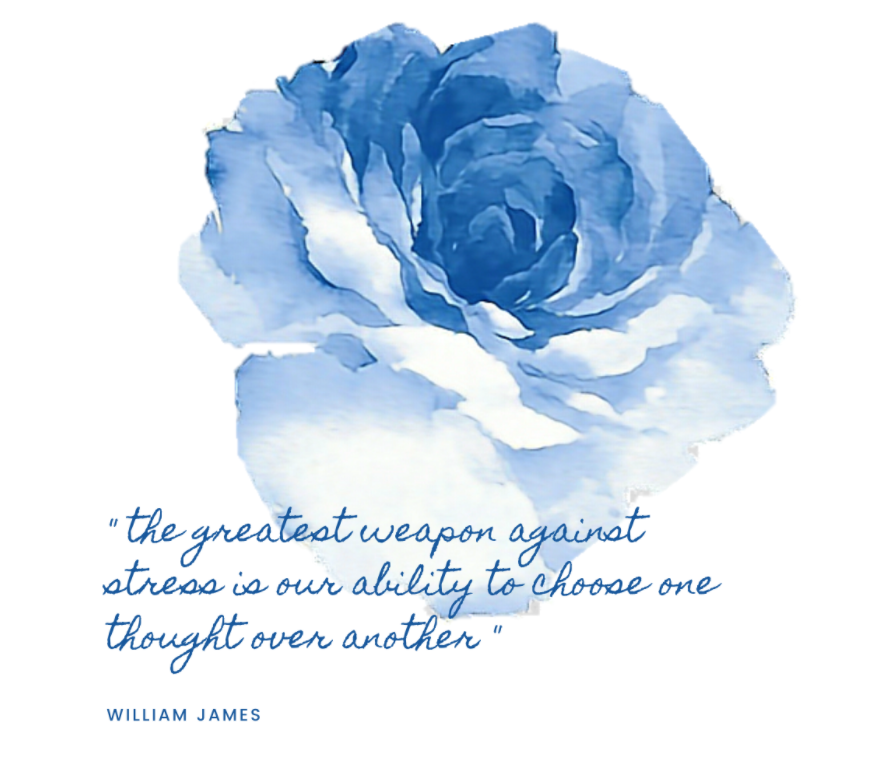#̶s̶e̶l̶f̶c̶a̶r̶e̶ #selfhelp
There is an axiomatic emphasis on "self-care" and "wellness" in the US, especially nowadays. Self-care is known to be a practice that reduces anxiety and improves our moods. However, an invisible plague of reducing self-care into chocolate and bubble baths has washed over mainstream media. To me, self-care is not pure indulgence. To me, self-care is a form of mental awareness and healing. I view it as a step towards self-help. According to Merriam-Webster, self-help is defined as the "action or process of bettering oneself or overcoming one's problems without the aid of others." Thus, the millennial in me scoured the internet for more insight into this plague. After doing a quick analytical dive into Instagram, it was notable to me that most people have lost track of what self-care truly stands for. There are around 2.6 million posts tagged #selfhelp and a prodigious 28.3 million posts tagged #selfcare. The latter group of posts is idyllic snapshots featuring cups of tea, blankets, and snacks in cozy spots. While these concepts may have "soothed" people's minds at the moment, I could not help but think that they merely function as a temporary bandaid over a gashing wound. These images of self-care in the media's eyes are so far removed from the self-help type of wellness that sheds light on our denial of the "uglier" part of ourselves.
The raw and unveiled truth about self-care is that it is often a very "unbeautiful" thing. Enforcing a set routine even during quarantine, managing finances responsibly, or working out even when you may feel tired may not be the satisfactory indulgence we want when we think of self-care. More often than not, I find the pull towards distracting myself from finding a solution to the problems that I am running away from. Self-care is about total acceptance of our lives and what our practical limits are. It isn't about seeking a short reprieve from our overworked lives and being scared to take control of our schedules. As stated by international author Brianna Wiest, self-care is "not salt baths and chocolate cake. It is making the choice to build a life you don't need to regularly escape from."
The solution to this is to take the reins and do the thing we least want to do. So much of the anxiety I experience comes from not putting my latent potential into motion. Our minds go into overdrive when we think too much into tasks that do not seem appealing to us. Thus, lately, I have started to implement an easy trick on my mind to soar past the barriers of self-sabotage. I simply tell myself what task I need to accomplish and count down from 5. The lack of time in between my decision to start a task and my actualizing of my potential energy creates a world of a difference. I find that the difficult thing is never that difficult. What is difficult is setting the body in motion and fighting the urge to do something my brain paints as unpleasant. Making this small alteration to your mindset allows you to become the hero of your own life and rewire the unproductive parts of your brain.
There needs to be a middle ground between indulgence and discipline. An aspect of Asian culture that I have always cherished is its mindset to focus on preventative measures instead of treatments to patch up life's wounds. Alice Lin, the esthetician and owner of Wonderland Organics, shares her experience of self-care in Taiwan. "I previously worked in Taiwan for three years, and I learned a lot about what people there do for self-care. Because people work long hours (from 8 a.m. to 7 p.m.), they make sure to take naps during their lunch hours in the office. In fact, offices will turn off the lights at noon for a calming environment to sleep." In Japan, bathhouses are a notable part of the country, not purely for aesthetic purposes. They are considered to boost both physical and wellness benefits by reducing stress. Another preventative and beneficial self-care practice that is prevalent among East Asians, especially Koreans, is skincare. Multiple products, from serums to masks and moisturizers, are utilized to boost and pamper the skin. The emphasis on such a routine is more than skin deep. The routine provides a meditative moment to the self and provides for productive practice to improve the body's wellness. Other popular aspects of East Asian culture, such as meditation and herbal cures, also support this lifestyle dogma.
Self-care is much more than lighting a candle and indulging in sweet treats in bed. It is about being self-sufficient and honest with yourself. It is about choosing a life that truly FEELS good over a life that simply looks good. Don't escape life, enjoy it! <3


